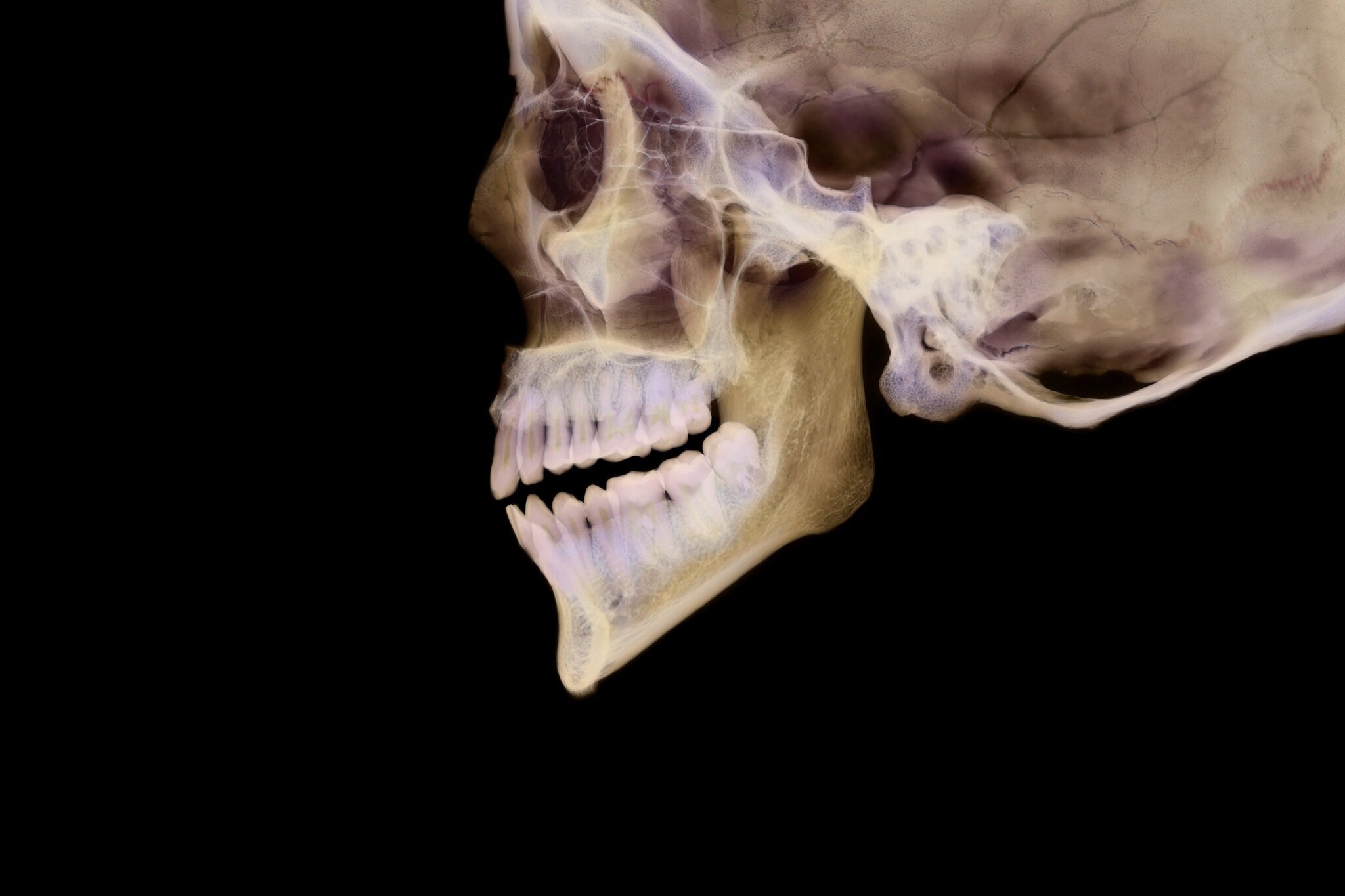
Is COVID-19 Stress Causing More Cracked Teeth?
Despite the COVID-19 pandemic forcing dental practices all over to temporarily shutdown, Dr. Tammy Chen of Central Park Dental Aesthetics says that she is now busier than ever.
“I’ve seen more tooth fractures in the last six weeks than in the previous six years,” she exclaimed in this New York Times article.

New Sensor Integrated Within Dental Implants Monitors Bone Health
Researchers at Beheshti University have developed a new sensor that can be integrated within dental implants to passively monitor bone growth. As reported in the IEEE Spectrum Magazine, the Ti-PEEK hybrid implantable does not require any battery and can measure changes to the surrounding electrical field following implantation.

Scientists Synthesize Jawbones From Pig Fat
From stresses imposed during mastication to facial expressions associated with speech production, the temporomandibular joint (TMJ) is one of the most load-bearing organs in the human body. It’s intricacies and unique curved shape pose challenges to recreate from bone grafts.
In a paper published in Science Translational Medicine this month, researchers at Columbia University managed to grow replacement jawbones, along with their joints….from the stem cells of pigs!

Scientists find intact brain cells in skull of man killed in Vesuvius eruption nearly 2,000 years ago
“Speaking about this process, Petrone said: “The brain exposed to the hot volcanic ash must first have liquefied and then immediately turned into a glassy material by the rapid cooling of the volcanic ash deposit.”

Covid-19 Created an Elective Surgery Backlog. How Can Hospitals Get Back on Track?
The problem is that the “elective” in elective surgery is largely a misnomer, serving only to distinguish between emergent care and non-emergent care. While “elective” implies optional, most elective surgical cases fall somewhere between vital preventative measures (e.g. screening colonoscopy) and essential surgery (e.g. cataract removal). Ample literature across surgical specialties demonstrates worse patient outcomes and higher costs when these treatments are delayed.
